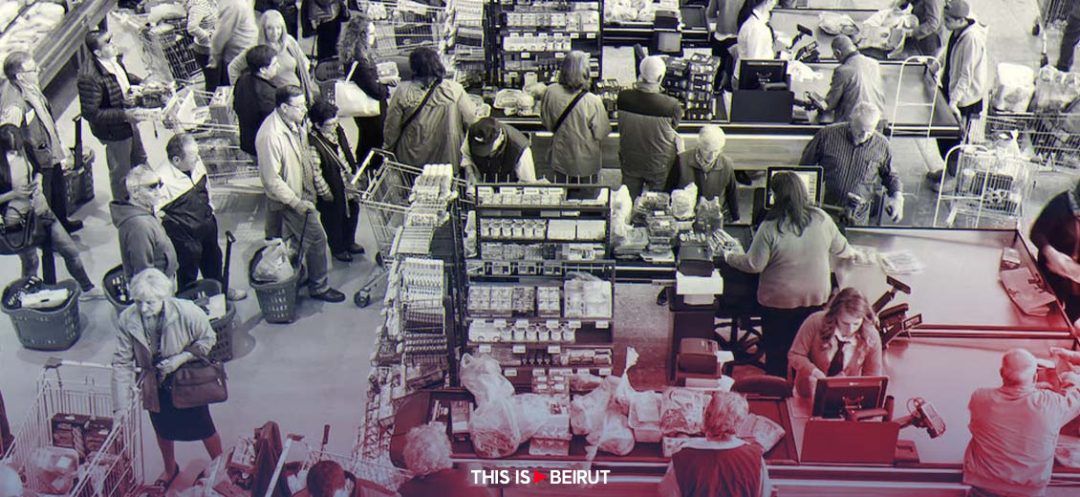
Reading the media, whether left-wing or right-wing, it is common to come across the term "consumer society" (or "consumerism"). The expression may seem confusing because, ultimately, everyone, in all countries, consumes to satisfy their needs.
Criticism From All Sides
A consumer society is characterized by a culture centered around the ever-increasing acquisition of goods and services. In the realm of food consumption, this can be reflected in the obesity rate, which continues to rise worldwide, but in some countries more than others.
Disdain towards the consumer society is a common meeting point. On one hand, the left asserts that consumerism only deepens social inequalities. As for conservatives, they argue that the consumer society leads to the erosion of culture by pushing individuals to focus solely on material goods.
But how can one recognize a consumer society with the naked eye? Since everyone consumes, saves and produces, how can one say that one society is a consumer society, as opposed to another? There is no exact answer, but a few clues: the quantity of waste per capita, the omnipresence of advertising, and the emphasis on material accumulation rather than social well-being or environmental preservation.
Other indicators concern the savings-to-income ratio or savings-to-consumption ratio. But with a nuance: Are savings done to prepare for rainy days or future massive consumption (housing, car, investment...)?
Hail to Prosperity
Before consuming anything, one must first produce and therefore earn an income. Consumers are also producers. And they are becoming increasingly efficient. As a result, the standard of living has dramatically increased over the past two centuries, and goods that were considered luxury just a few decades ago are now within reach. Are we then going to be outraged because people are living better?
Some suggest that the state should intervene to limit consumption through taxes. But such maneuvers never work. A price set higher than the normal market price creates surpluses, while a price set too low leads to shortages.
Consumer Sovereignty
The competition encourages companies to adjust to consumers' needs. The market is therefore a democracy governed by consumers.
Certainly, the wealthy can consume more than less affluent individuals. However, the wealthy are much fewer in number. And historically, all new products on the market initially have a high price that eventually decreases dramatically to become accessible to the masses. This has been the case with cars, televisions, microwaves and especially computers and other technological tools.
Some will accuse advertising of creating "artificial demand" by manipulating consumers. Here, empirical investigations are not unanimous. Bertrand Lemennicier, a former economics professor at Paris-Dauphine, studied the impact of advertising on tobacco demand and concluded that advertising expenditures on tobacco consumption over the period 1970-1994 did not reveal a significant correlation.
In contrast, according to an econometric study by economists Chulho Jung and Barry Seldon, there is a bidirectional relationship between advertising and consumption. One affects and feeds off the other.
Consumption Is Not Wealth
If consumerism was to have a patron saint, it would be the British economist John Keynes. For him, aggregate demand (consumption, investment, public spending and exports) is the central indicator of the health of an economy.
Liberal economists tend to be skeptical of Keynesian clichés. The economist Jean-Baptiste Say argued in the early nineteenth century that a bad government stimulates consumption, while a good government encourages production and wealth creation.
What About Lebanon?
Can Lebanon be awarded the attribute of a consumer society? Historically, yes, given the ratio of imports and purchases of durable goods. Even within our crisis since 2019, as soon as the monetary situation seemed to stabilize, consumption saw peaks, as during the summer of 2023.
But savings were also significant, hence bank deposits equal to three times the GDP. But this excessive swelling can also be explained by the scarcity of investment opportunities and the lack of a social safety net (sufficient medical coverage, unemployment insurance, retirement salary...). Hence the need to guard against these eventualities through savings.
Economist Saifedean Ammous, a former professor at LAU and author of three economics books, asserts that the quality of money plays an important role in consumption decisions. Currencies tend to lose their value over time. This pushes people to save less and consume more today. Otherwise, they will not be able to consume in the future. The case of the Lebanese pound is a tragic example. Its depreciation encouraged individuals, at least at the beginning of the crisis, to prefer spending their money in Lebanese pounds rather than keeping it.
Certainly, consumer society is not an idyllic utopia. But if you prefer to have a society of scarcity, you can always settle in North Korea or Venezuela.
Read more




Comments